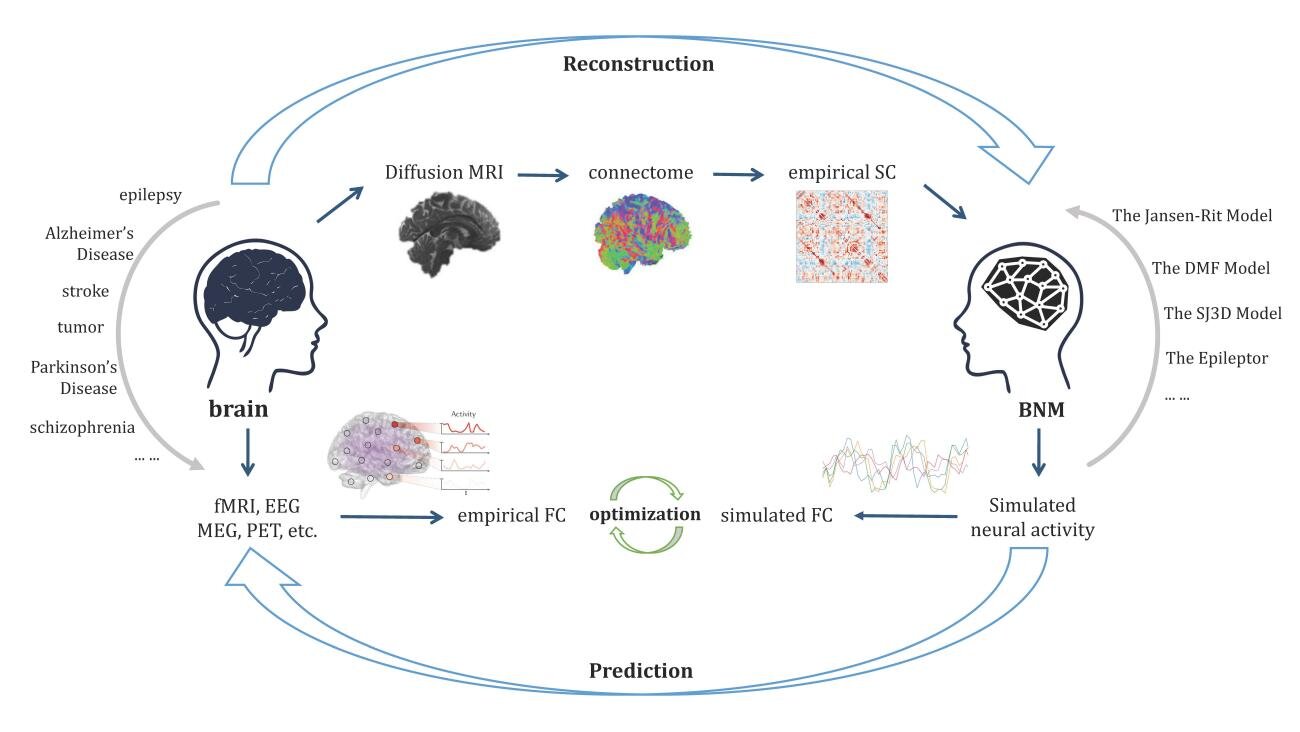A University of Otago-led study has found highly vulnerable weakness in drug-resistant Mycobacterium tuberculosis, offering a new way to kill them.
In the study, published in Nature Communications, researchers developed a genetic platform to identify biological pathways in a drug-resistant strain of Mycobacterium tuberculosis that are highly sensitive to inhibition.
Senior author Dr Matthew McNeil, of Otago’s Department of Microbiology and Immunology, says the technology enabled them to find the pathogen’s weak point, “essentially their Achilles heel.”
“We were then able to identify drugs that target these weakness and can rapidly kill these drug-resistant strains.
“Whilst our work specifically focuses on Mycobacterium tuberculosis — the leading global cause of infectious disease morbidity, overtaking COVID-19 in 2024 — this technology can be applied to other drug-resistant pathogens,” he says.
Dr McNeil describes these pathogens as a “major public health problem.”
“There are often limited treatment options for people infected with drug-resistant pathogens and there is a very real threat that they could affect the success of many otherwise standard medical procedures.”
He believes novel developments, such as those in this study, are needed to deal with them.
“New treatment strategies are needed that can not only rapidly kill these pathogens but prevent them from occurring in the first place.
“Drug-resistant infections are scary, but if we think outside the box when it comes to designing new drugs, there are ways in which we can find actionable solutions to stop this problem.”


